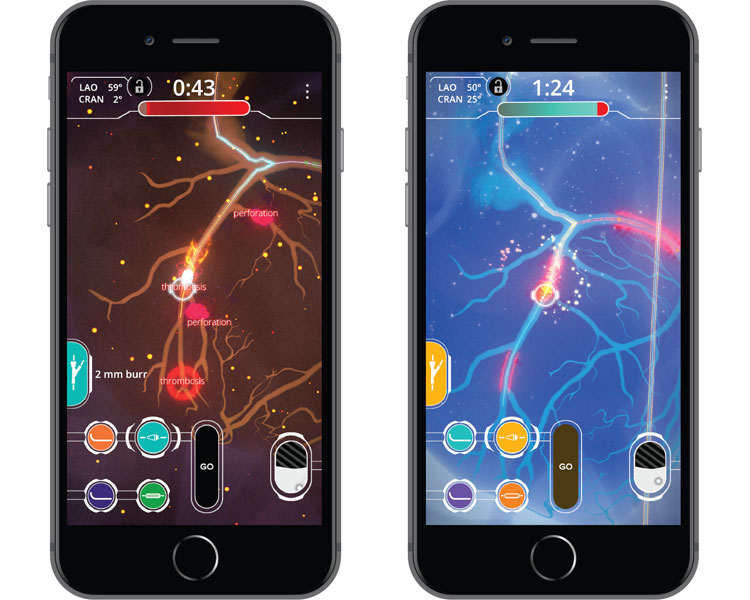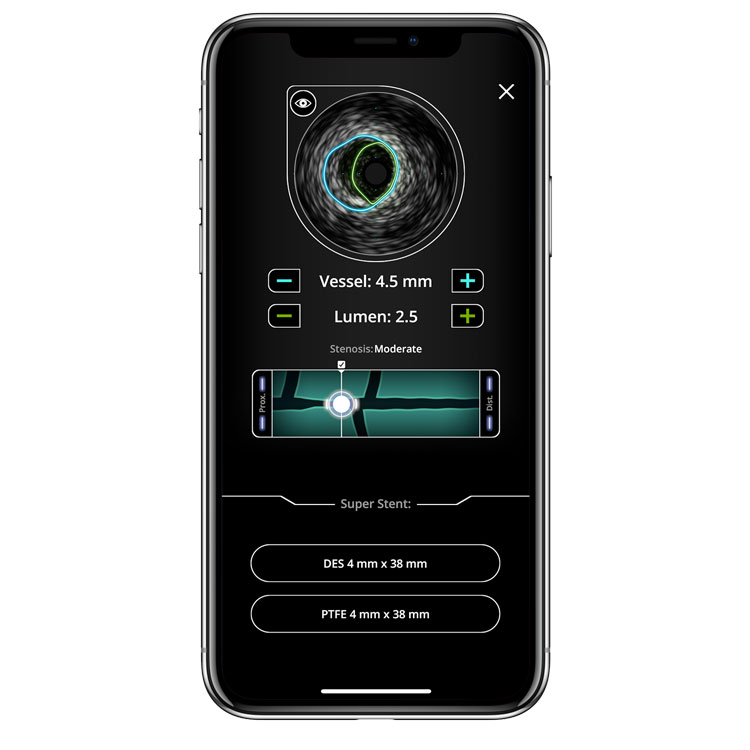The video game which is changing the way doctors work
Level Ex gives doctors the chance to practice complex and often rare medical situations via their smartphones, and now it’s landed a sponsorship with Philips.
“Doctors are universally frustrated by the state of their art,” says Sam Glassenberg, founder and CEO of Level Ex. Coming from a long family line of doctors, he knows well the frustration many doctors feel due to a lack of time and training resources available to them.
“Games are great tools for learning”
Glassenberg had chosen not to follow in the family vocation, instead becoming a games developer and working for the likes of LucasArts and Microsoft. It was only after his anesthesiologist father tasked him with creating a game to help train his colleagues on a particularly challenging medical case that Glassenberg realised the two professions might be combined.
“Games are exceedingly good at engaging audiences for long periods of time, and ultimately they’re great tools for learning because game design is based on an incredibly deep understanding of neuroscience and how the brain works,” he says.
After developing the game in 2012, Glassenberg uploaded it to the App Store and forgot about it. Checking on it a year later, the game, which he admits was shoddy work in comparison to Level Ex’s output now, had been downloaded by doctors and nurses thousands of times.

“Recreating reality”
Witnessing the obvious demand for the platform, Glassenberg created Level Ex. As it stands today, the company employs more than 70 people. The majority of those on staff are video game developers, whom Glassenberg says have been “creating realistic and engaging games their whole career.”
“We’ve got people who’ve worked on everything from Mortal Kombat to Call of Duty, so they have that deep understanding of how to recreate reality,” he says. “And then working with them we have over 150 physician advisors who help us understand the biggest challenges of practicing medicine.”
Where most video games aim for some level of realism, reality and credibility are essential in Level Ex’s mission. “First we build the technology that enables us to create the levels,” says Glassenberg.
“Then we design a number of levels in parallel and put each one through medical peer review. We have to test and validate what we create with hundreds of doctors to make sure it’s both interesting and credible.”

Philips sponsorship
Adding to the realism further, sponsored levels allow doctors to use branded medical equipment in their gameplay. Cardio Ex, the latest game in Level Ex’s portfolio, has a level sponsored by Philips. Among other tools, it features Philips’ Eagle Eye platinum IVUS catheter, Verrata Plus pressure wire and ELCA laser atherectomy catheter.
Glassenberg says: “Sponsorships like the one with Philips help us train doctors in best practice and how to use their products better.”

“No shortage of problems to solve”
Because the situations presented across the four games are medically sound y playing certain levels within the company’s four games – Cardio Ex, Pulm Ex, Airway Ex and Gastro Ex – doctors can even gain Continuing Medical Education (CME) credit, a form of ongoing education those in the medical field must undertake to prove their competency.
“Doctors are aware of the importance of being able to train and practice as much as possible,” says Glassenberg.
“For many doctors, the first time they do a procedure is most often on a human being, so being able to practice those diagnostic or visualisation skills, is important. These are all real test results and the patient will react very realistically.”
More than 500,000 medical professionals now play Level Ex’s games, and many contact the company with ideas for future levels. “We’re sitting on hundreds of cases that are being sent to us from doctors who say: ‘Here’s a really interesting, once-in-a-lifetime case that could make a good level’,” he says.
“There is no shortage of problems to solve in medicine – and these are some of the most fascinating design challenges you’ll ever find.”
-
Post a comment





